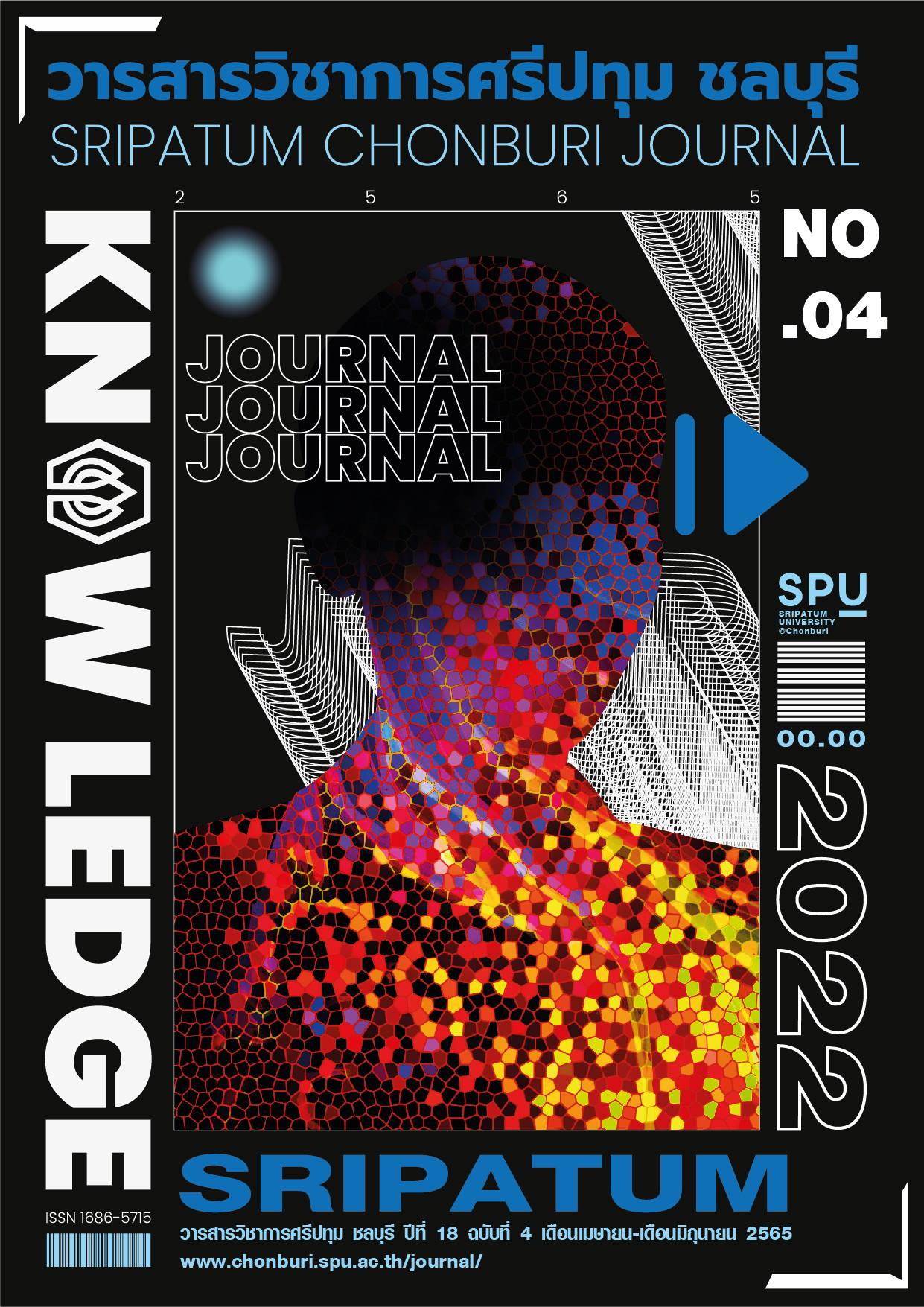SOCIAL NETWORK, INSTITUTIONAL ENVIRONMENT AND ORGANIZATIONAL LEGITIMACY OF SPORTS ASSOCIATION IN JIANGSU PROVINCE IN CHINA
Keywords:
social network, organizational legitimacy, institutional environment, sports associationAbstract
The purpose of this study were explored on legitimacy of sports associations as: 1) The impact of network size, 2) The impact of network heterogeneity, 3) The regulatory role of institutional environment between network size and legitimacy, and 4) The regulatory role of institutional environment between network heterogeneity and legitimacy. This study conducted a large sample questionnaire survey of 626 municipal sports associations in Jiangsu Province, adopted the simple random sampling method, and finally selected 244 valid research data of questionnaires. Statistical software was used for empirical analysis of the data, and descriptive statistical analysis, Pearson correlation analysis, factor analysis and multiple linear regression analysis were used. The results show that most of the hypotheses proposed in this study are supported. The main conclusions include: The larger network size is conducive to the acquisition and maintenance of organizational legitimacy of sports associations, network heterogeneity has a positive impact on the realization of regulatory legitimacy and normative legitimacy. Institutional environment is conducive to strengthening the organizational legitimacy, and institutional environment positively regulates the impact of network size on regulatory legitimacy and normative legitimacy. Institutional environment reversely moderates the impact of network heterogeneity on organizational legitimacy.
References
Bresser, Rudi K. F., & Millonig, K. (2003). Institutional capital: Competitive advantage in light of the new institutionalism in organization
theory. Schmalenbach Business Review, 55(3), pp. 220-241.
Burt, Ronald S. (2004). Structural holes and good ideas. American Journal of Sociology, 110(2), pp. 349-399.
Chen, Jianbo. (2012). Empirical analysis of corporate governance in China: Legal system environment, ownership concentration and
corporate performance. Research on Development Economics, 1(21), pp. 224-240.
Deephouse, David L. (1996). Does isomorphism legitimate?. Academy of Management Journal, 39(4), pp. 1024-1039.
Huang, Haiyun, & Chen, Liping. (2005). Enterprise cluster structure embedded in social network and its advantages. Modern management
science, 15(3), pp. 70-71.
Jiang, Yaohui, & Liu, Chunxiang. (2020). Institutional environment of social organization: empirical measurement and policy significance.
Journal of Social Science of Hunan Normal University, 23(3), pp. 100-110.
Li, Qun, Ji, Liu, & Yu, Yiqun. (2013). The causes and suggestions of the reform of sports associations in China. Journal of Shanghai University
of Sport, 37(5), pp. 27-30.
Lu, Yuanzhen. (2016). The discussion of mass organizations of sport in China. Journal of Beijing University of Physical Education, 29(16),
pp. 1-7.
Martin, X. (2014). Institutional advantage. Global Strategy Journal, 4(1), pp. 55-69.
Mayer, W. (1984). Endogenous tariff formation. The American Economic Review, 74(5), pp. 970-985.
Meyer, John W., & Rowan, B. (1977). Institutionalized organizations: Formal structure as myth and ceremony. American Journal of Sociology,
(2), pp. 340-363.
Pei, Lixin. (2019). Research on the development of Chinese sports organizations in the new era. Sports Culture Guide, 12(3), pp. 17-22.
Scott, J. (2002). Social networks: Critical concepts in sociology (4th ed.). New York, NY: Routledge.
Scott, W. Richard. (2008). Institutions and organizations: Ideas and interests (3rd ed.). Thousand Oaks, CA: Sage.
Song, Jing, & Chen, Jin. (2019). Entrepreneur social network, organizational legitimacy and entrepreneurial enterprise resources bricolage.
Studies in Science of Science, 21(1), pp. 86-94.
Song, Jing, & Chen, Jin. (2021). Impact of entrepreneur social network on enterprise digital construction: The regulatory role of strategic
flexibility (Online). Available: doi:10.16192/j.cnki.1003-2053.20210312.002 [2020, June 10].
Suchman, Mark C. (1995). Managing legitimacy: strategic and institutional approaches, Academy of Management Review, 20(3), pp. 571-610.
Tao, Yunsan. (2010). Analysis of non-profit sports organization study in China from multiple perspectives. Journal of TUS, 31(2), pp. 178-182.
Wang, Kaizhen, et al. (2010). The reform and development of national sports association: Thought of the theoretical level. Journal of TUS,
(1), pp. 6-9.
Wang, Quansheng, et al. (2010). Probe into the punishment power of the sport social group. Journal of Beijing Sport University, 45(33),
pp. 17-24.
Wang, Xuguang. (2008). Research on the present situation and development countermeasures of Chinese sports associations. Beijing,
Chaina: Beijing Sport University Press.
Xu, Lu, Luo, Fengpeng, & Wang, Shizong. (2016). Organizational legitimacy: mechanism explanation of local government’s selective support
to social organizations. Journal of Jiangsu Administration Institute, 89, pp. 100-108.
Yamane, Taro. (1973). Statistics: An introductory analysis (3rd ed.). New York, NY: Harper and Row.
Yin, Zefeng. (2011). Study on the legal principle issues of China's sports social group. Journal of Beijing Sport University, 58(34), pp. 14-20.
Yu, Shanxu. (2012). Exploration of enhance the primary organization establishment of national fitness from legislative view. Journal of TUS,
(6), pp. 461-466.
Yu, Yuanyuan, & Mei, Qiang. (2014). Research on the entrepreneurship embedded in industry cluster from the perspective of organizational
legitimacy. Science of Science and Management of S. & T., 62(35), pp. 91-99.
Zhang, Chao, & Zhang, Xue. (2020). Organizational capability, the cooperative network and the institutional environment: The effectiveness
of nonprofit community-based organizations in social governance. Comparative Economic & Social Systems, 31(2), pp. 90-99.
Zhang, Jie. (2014). Analysis and discussion on the institutional environment of social organization development in China. Social Sciences in
Guangdong, 44(2), pp. 208-213.
Zhang, Jinqiao. (2013). Legitimization of spontaneous sports social organizations and the governmental responsibilities during its developing
in China. Journal of TUS, 69(28), pp. 213-218.
Downloads
Published
Issue
Section
License

This work is licensed under a Creative Commons Attribution-NonCommercial-NoDerivatives 4.0 International License.
บทความทุกบทความเป็นลิขสิทธิ์ของวารสารวิชาการศรีปทุม ชลบุรี



